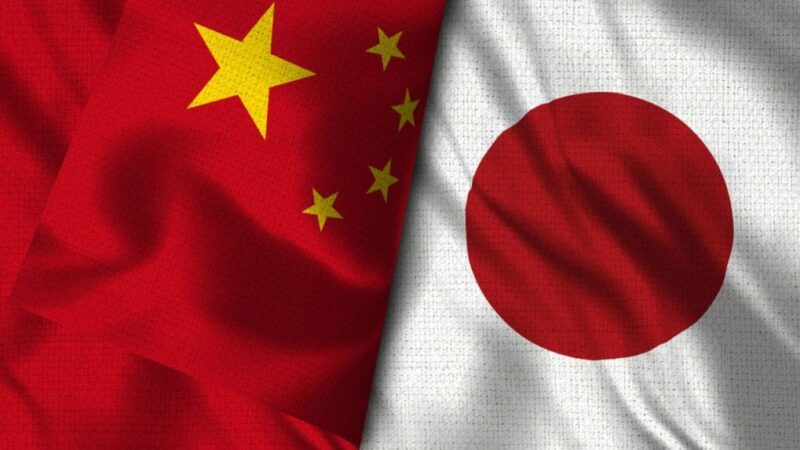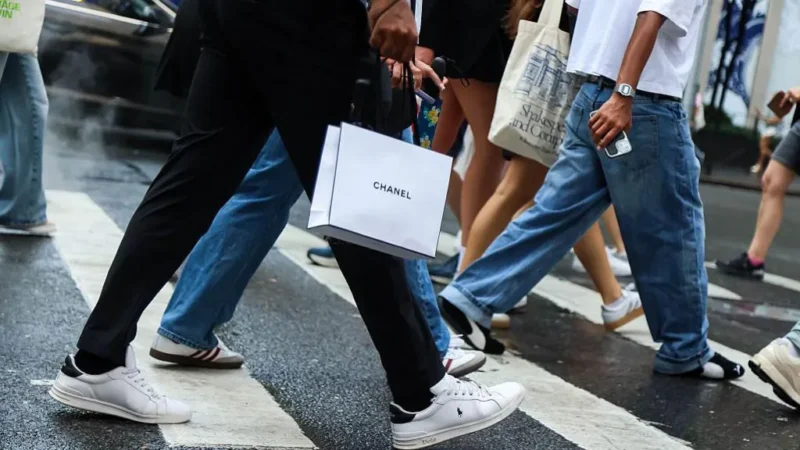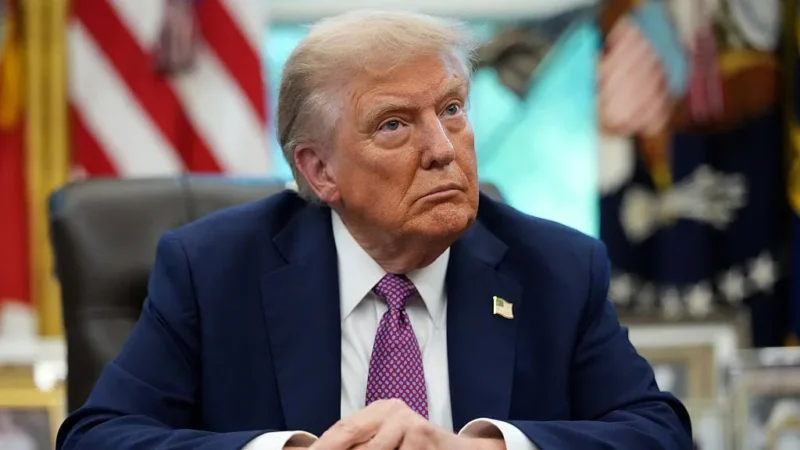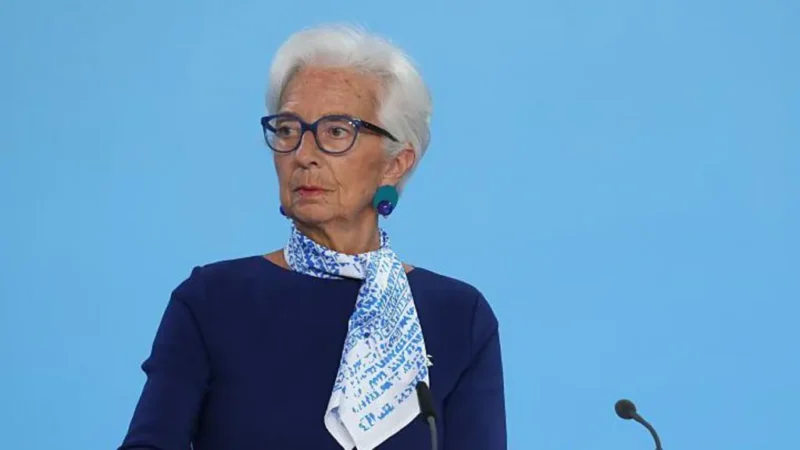In a US town looking for revival, Trump’s tariffs face reality check
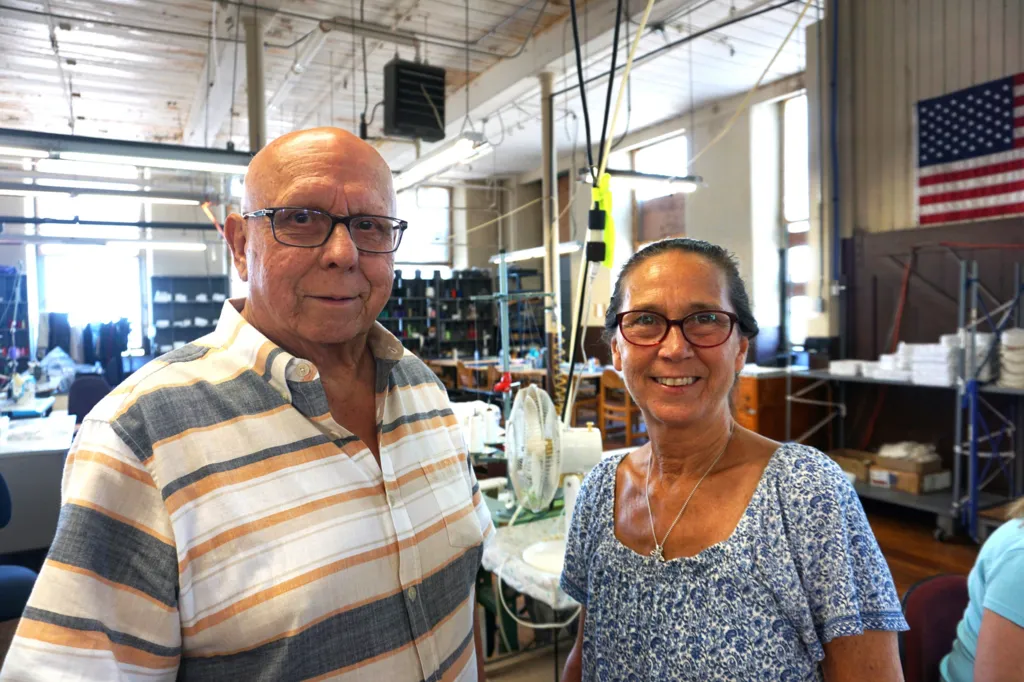
In a corner of a sprawling 1890s factory in Fall River, Massachusetts, 15 workers sit at sewing machines, producing specialized hospital-grade gear for newborns.
This small team is all that remains of a much larger manufacturing business the Teixeira family once ran. Most of the operation was shuttered in 1990, and the company was reinvented as a warehousing and distribution firm.
Now, with US President Donald Trump’s sweeping tariffs in place, co-owners Frank and Sue Teixeira say they’ve received more calls from firms interested in “Made in America” sewing services. But they’ve turned those offers down—citing hiring challenges in a tight labor market, intensified by immigration restrictions, and uncertainty about how long the demand will last.
“It’s just not going to happen,” said Frank Teixeira, who has seen his family’s company transform over decades. “Tariffs are a bad policy and eventually are going to come home to haunt us.”
Promises vs. Reality
Trump campaigned on tariffs as a way to bring back US manufacturing and cut costs. The message resonated in places like Fall River—a onetime textile hub that had not voted Republican for nearly a century until Trump’s 2016 victory.
But economists long warned tariffs, which are essentially taxes on imports, would instead raise costs for US businesses and consumers. Nine months into Trump’s term, that gap between promise and reality is starting to show.
Nationally, US manufacturing job growth has stalled. Payrolls shrank by 12,000 jobs last month, while surveys show widespread pessimism among manufacturers.
A Federal Reserve survey found 71% of Texas manufacturers reported negative effects from tariffs, citing rising costs and reduced profits.
Local Impact
At luxury bedding manufacturer Matouk, just up the road from the Teixeiras, CEO George Matouk said tariffs added more than $100,000 a month in expenses between April and August, hitting imported cotton and down.
Despite his company’s 300-strong workforce and American-made reputation, he sees no upside. Rising costs mean higher prices, which risk slowing sales.
“We’ve done everything we were supposed to do to support US manufacturing,” Matouk said. “And now we’re being penalized. It’s demoralizing.”
Mixed Reactions
Some, like motorcycle jacket maker Vanson Leathers, say it’s too soon to judge. Owner Mike van der Sleesen, who supported Trump, said tariffs pushed his costs up 15% this year. Still, he shares concerns about unfair trade rules that disadvantage American exporters.
“We haven’t heard about overtime in the textile world for 20 years,” he said, noting suppliers have seen a small uptick in demand. “It’s hard to know where this all lands.”
Waiting Game
On the streets of Fall River, many residents remain patient.
“We should be able to manufacture,” said 72-year-old retiree Tom Teixeira, a loyal Trump voter since 2016. He hasn’t noticed price hikes yet but says he’ll reassess soon.
“A year from now, if things aren’t cheaper, we’ll see.”

